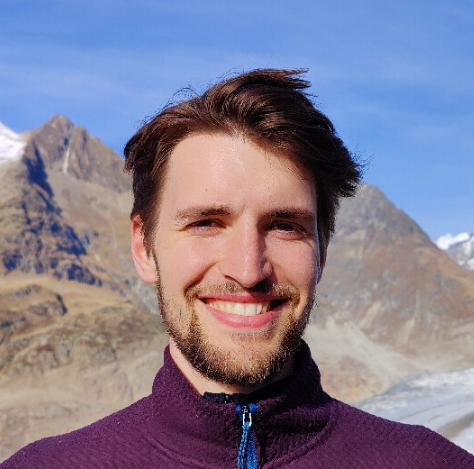Tracking Climate. Mapping Exposure. Uncovering Risks.
Hi there! I’m Tino, a climate scientist passionate about the intersection of climate change and public health.
I’m currently pursuing a PhD in Climate Science at the University of Bern and the Oeschger Centre for Climate Change Research. My academic focus lies in climate-related hazards and environmental epidemiology. I explore how climate change affects human health by analyzing exposure to environmental risks and identifying vulnerable populations, with the goal of strengthening societal resilience to current and future challenges.
My research focuses on how climate change and environmental factors affect individual and societal wellbeing. I aim to contribute to a holistic understanding of the impacts of climate change across low-, middle-, and high-income countries, as part of the TACTIC project.
For my Master’s thesis, I worked with Prof. A. M. Vicedo-Cabrera and Dr. A. Saucy to investigate The risk of hospitalization associated with foehn winds and temperature in the mountainous region of Switzerland which we published in Environmental Epidemiology. Beyond my thesis, I’ve contributed to several projects assessing the health impacts of environmental hazards, which you can find in my publications.
I hold a Bachelor’s degree in Environmental Sciences from the University of Bayreuth, where I developed a broad interest in environmental systems and worked on evaluating the changes of the precipitation distribution and intensity and their consequences for water balance as my Bachelor`s thesis. Outside of research, you’ll often find me in the mountains with my dog—climbing, hiking, or cycling.
- Climate risk and health: Identifying climate signals, exposure pathways, and population vulnerabilities; assessing health impacts through narrative-driven storylines.
- Data analysis and modeling: Using Python and R for spatial and temporal analysis, DLNM models, time series, and epidemiological inference; crafting plots that communicate with clarity and purpose.
- Environmental epidemiology: Investigating links between climate variability (e.g. heat, foehn winds) and health outcomes; integrating statistical and mechanistic approaches.
- Research tools and open science: Developing reproducible workflows, sharing code and data on GitHub, and building tools for interdisciplinary research.
I’m committed to open science, interdisciplinary collaboration, and producing policy-relevant research that contributes to a more sustainable and equitable future.
Let’s work toward a world where science not only understands change—but helps shape it for the better.
